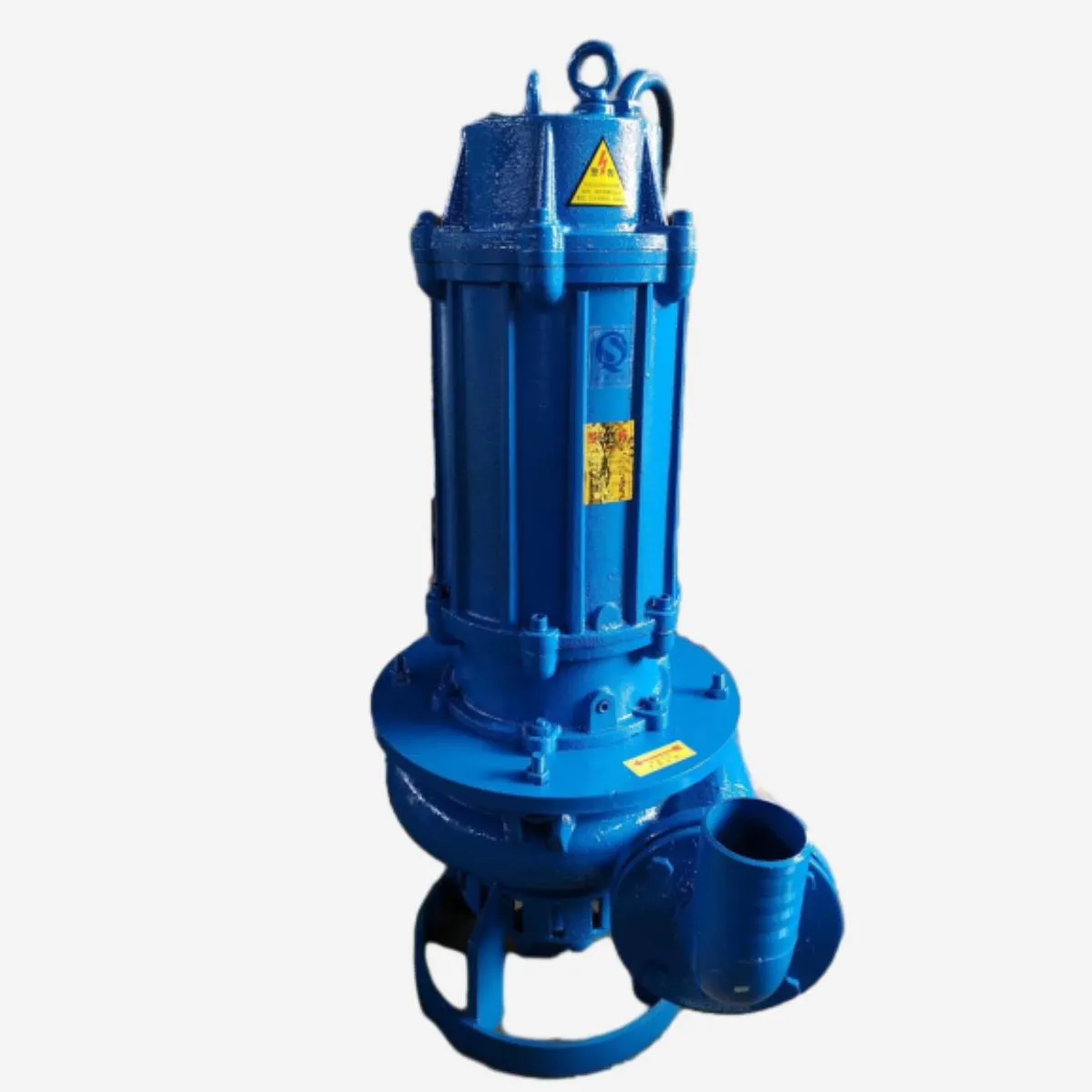English
- Afrikaans
- Albanian
- Amharic
- Arabic
- Armenian
- Azerbaijani
- Basque
- Belarusian
- Bengali
- Bosnian
- Bulgarian
- Catalan
- Cebuano
- Corsican
- Croatian
- Czech
- Danish
- Dutch
- English
- Esperanto
- Estonian
- Finnish
- French
- Frisian
- Galician
- Georgian
- German
- Greek
- Gujarati
- Haitian Creole
- hausa
- hawaiian
- Hebrew
- Hindi
- Miao
- Hungarian
- Icelandic
- igbo
- Indonesian
- irish
- Italian
- Japanese
- Javanese
- Kannada
- kazakh
- Khmer
- Rwandese
- Korean
- Kurdish
- Kyrgyz
- Lao
- Latin
- Latvian
- Lithuanian
- Luxembourgish
- Macedonian
- Malgashi
- Malay
- Malayalam
- Maltese
- Maori
- Marathi
- Mongolian
- Myanmar
- Nepali
- Norwegian
- Norwegian
- Occitan
- Pashto
- Persian
- Polish
- Portuguese
- Punjabi
- Romanian
- Russian
- Samoan
- Scottish Gaelic
- Serbian
- Sesotho
- Shona
- Sindhi
- Sinhala
- Slovak
- Slovenian
- Somali
- Spanish
- Sundanese
- Swahili
- Swedish
- Tagalog
- Tajik
- Tamil
- Tatar
- Telugu
- Thai
- Turkish
- Turkmen
- Ukrainian
- Urdu
- Uighur
- Uzbek
- Vietnamese
- Welsh
- Bantu
- Yiddish
- Yoruba
- Zulu
Telephone: +86 13120555503
Email: frank@cypump.com
Nov . 24, 2024 10:12 Back to list
best pipeline/horizontal centrifugal pump
Best Pipeline Horizontal Centrifugal Pumps
In the realm of fluid transport, horizontal centrifugal pumps stand out as a pivotal component for efficient and reliable operation. These pumps are designed to move fluids through pipelines, making them a popular choice in various industries, including water treatment, petrochemical, and manufacturing. This article explores the characteristics, advantages, and applications of horizontal centrifugal pumps, emphasizing their role in optimizing pipeline systems.
Understanding Horizontal Centrifugal Pumps
Horizontal centrifugal pumps operate on a straightforward principle they use mechanical energy to increase the kinetic energy of a fluid, converting it into pressure energy. The pump consists of a rotating impeller, which draws fluid in from the inlet and propels it out through the discharge pipe. The horizontal orientation of these pumps allows for ease of installation and maintenance, contributing to their widespread use.
Key Features and Advantages
1. Efficiency Horizontal centrifugal pumps are designed to operate with high efficiency, ensuring that a substantial amount of the energy input is converted into fluid movement. This efficiency reduces energy costs and minimizes operational expenses, making them economically feasible for long-term projects.
2. Versatility These pumps are incredibly versatile, capable of handling a wide range of fluids. From clean water to viscous liquids and even slurries, horizontal centrifugal pumps can be tailored to fit specific requirements. Their adaptability allows them to be used in various sectors, including agriculture, industrial processes, and municipal water supply.
3. Ease of Maintenance One of the defining features of horizontal centrifugal pumps is their ease of maintenance. The horizontal configuration typically allows for easier access to the pump internals, facilitating routine inspections and repairs. This accessibility helps to reduce downtime and extends the pump’s operational life.
4. Robust Design Built to endure harsh operating conditions, these pumps are often constructed from durable materials resistant to corrosion and wear. This robustness ensures they can handle challenging environments, such as chemical processing plants or wastewater treatment facilities, with minimal degradation over time.
best pipeline/horizontal centrifugal pump

5. Flow Control Horizontal centrifugal pumps offer excellent flow control capabilities. By adjusting the impeller speed through variable frequency drives (VFDs), operators can fine-tune the pump’s output to match fluctuating system demands, enhancing overall system efficiency.
Applications in Pipeline Systems
Horizontal centrifugal pumps find their place across multiple applications
- Water Supply and Distribution They are instrumental in municipal water supply systems by transporting water from treatment facilities to distribution networks.
- Industrial Processes In manufacturing plants, these pumps are used to circulate chemical solutions, coolants, and other fluids necessary for production processes.
- Irrigation Systems Horizontal centrifugal pumps play a crucial role in agricultural settings, aiding in the efficient distribution of water for irrigation.
- Wastewater Management In sewage treatment plants, these pumps are essential for moving wastewater through various stages of purification.
Conclusion
Horizontal centrifugal pumps are a cornerstone of effective pipeline management, delivering efficiency, versatility, and reliability in fluid transport. Their robust design and ease of maintenance make them an ideal choice for industries ranging from water treatment to manufacturing. As technology advances, the efficiency and capabilities of these pumps will likely continue to improve, ensuring they remain at the forefront of fluid handling solutions. Investing in quality horizontal centrifugal pumps can significantly enhance operational productivity, reduce costs, and ultimately contribute to more sustainable practices across various sectors.
-
ISG Series Vertical Pipeline Pump - Chi Yuan Pumps Co., LTD.|High Efficiency, Energy Saving, Low Noise
NewsJul.30,2025
-
ISG Series Vertical Pipeline Pump- Chi Yuan Pumps|High Efficiency&Low Noise
NewsJul.30,2025
-
ISG Series Vertical Pipeline Pump-Chi Yuan Pumps Co., LTD.|High Efficiency&Energy Conservation
NewsJul.30,2025
-
ISG Series Vertical Pipeline Pump - Chi Yuan Pumps Co., LTD.|Advanced Hydraulic Design&Energy-Efficient Solutions
NewsJul.30,2025
-
ISG Series Vertical Pipeline Pump - Chi Yuan Pumps Co., LTD.
NewsJul.30,2025
-
ISG Series Vertical Pipeline Pump - Chi Yuan Pumps Co., LTD.|energy-efficient fluid handling&industrial durability
NewsJul.30,2025










